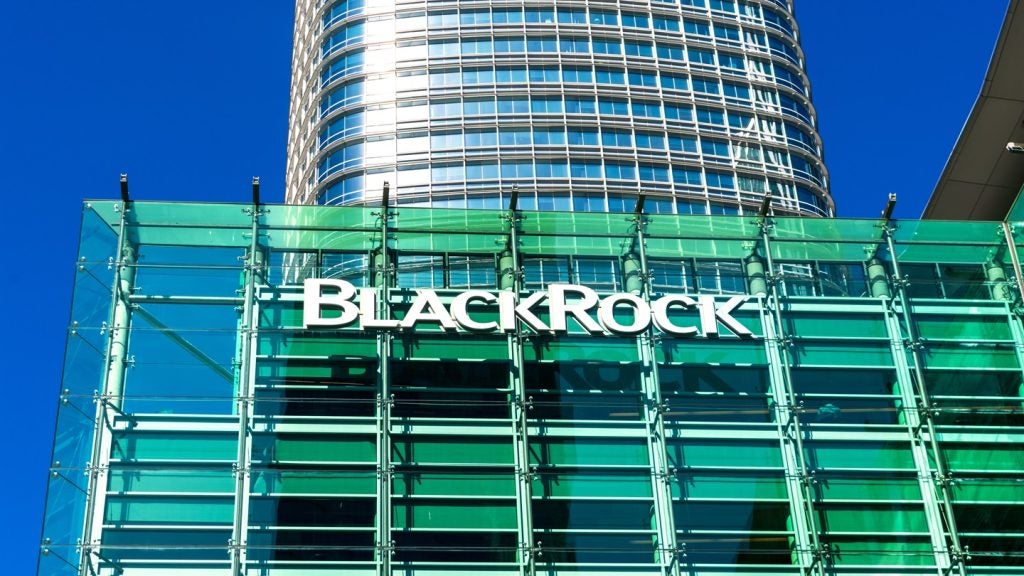
The Middle East wealth
management industry is well placed to exploit the growth in Islamic
investments which has a potential market estimated to be well over
$700bn. But doubts linger over the potential returns from
Sharia-compliant products and there are calls for a ‘bedrock of
white label service’
Ernst & Young’s 2009 Islamic
Funds and Investments Report estimates that Sharia-sensitive
investable assets in 2008 in the Gulf Cooperation Council (GCC) and
Asia touched $736bn with assets under management (AuM) believed to
be around $35bn. E&Y is due to release their 2010 survey late
this month, but uncertainty remains over the true size of the
Islamic market.
Sharia-compliant products and services and the
Islamic banking market promise great things, but a lack of products
that are fit for purpose is raising questions among investment
professionals over the value of such Sharia-compliant
investments.
How well do you really know your competitors?
Access the most comprehensive Company Profiles on the market, powered by GlobalData. Save hours of research. Gain competitive edge.

Thank you!
Your download email will arrive shortly
Not ready to buy yet? Download a free sample
We are confident about the unique quality of our Company Profiles. However, we want you to make the most beneficial decision for your business, so we offer a free sample that you can download by submitting the below form
By GlobalDataPrivate Banker
International (PBI): The Sharia-compliant asset
management industry is estimated to be worth around $35bn in AuM
around the world. How important would you say it is for private
banks to have Sharia-compliant products as part of their
offering?
Kevin
Birkett, asset management executive director, Dubai International
Financial Centre (DIFC): If you look at the
numbers, $35bn is actually small in terms of the entire portfolio.
Clearly we have moved on from the days when Islamic banking was
seen as the underling and the world has changed.
What I have seen over the years is that
investors can put their prejudices to one side and end up with
these terms. The challenge of Islamic investing is whether you get
the full bang for your buck rather than supporting your own
principles.
 Nigel Putt, head of private
Nigel Putt, head of private
banking, Lloyds TSB International Private Bank –
Dubai: Lloyds Banking Group have had Islamic
investment solutions now for some years, but we as private bankers
also access them via our open architecture platform so we have been
looking at this for four and a half to five years.
Over-selling and over-confidence is a big risk
for the Islamic industry itself as it creates certain levels of
expectation. One of the things I think we need to remember about
Islamic or Sharia investments is a lot of that demand comes from
Saudi Arabia, which is a market with many unique
features.
We have been trying to establish whether
Islamic asset management is a viable way of generating
performance.
While its does well in certain market
conditions, as it did recently when the financial services sector
was particularly hard hit, we are less convinced that it naturally
gives a base for outperformance given that it can also carry higher
costs than non-Sharia-compliant solutions.
Our reticence is compounded by two other
considerations; the first is a question as to whether a truly
Islamic client would accept a Sharia solution from a non-Islamic
financial organisation.
The second is because of the paucity of global
asset managers handling investment funds of sufficient scale to
pass our third-party funds due diligence.
Another issue, given the recent trends in
markets, is that this is primarily an equity-based asset class.
Clients therefore see greater risk attached to it.
The private equity aspect is the least
we talk about, because of the difficulty of accessing this for
clients, but this is very well understood by clients and is well
developed in the Muslim world because the concept of partnership
and ownership is very well aligned with Sharia.
We are now at a time when we should see
significantly better growth; however, distribution remains at big
issue in the Muslim world and after the next phase of growth we
will look at distribution channels.
Jason Peers, group chief executive,
Jasper Capital Group: If you look at
Saudi’s National Commercial Bank (NCB) there are 100% retail
offerings for Sharia.
If you look at their corporate offering they
are still down in the 20% range and if you look at the Saudi market
as a whole I think Islamic in the retail sector is about 70% and in
the corporate sector is in the 20% range.
There is a fundamental flaw in the corporate
banking sector for Islamic products, which is not a good sector for
funding normally-operating businesses.
So what you have is a lot of bespoke investment
vehicles that want to employ or go Sharia and the NCB examples
prove that anyone that had a choice would go Sharia. In principle
Saudi Sharia could be a very sizable shift that is just about to
happen.
Navid Goraya, adviser to the chairman,
BMB Group: I think you are absolutely
right and during my time in this market as one of the founding
members of HSBC’s Amanah Islamic banking arm we saw a move of
branch network in the Saudi market to Islamic. The Saudi market’s
commercial and retail banking preferences shifted dramatically from
conventional to Islamic.
As the Islamic products became
available, customers walked in to see the account opening manager
and they would pick up the Islamic option and suddenly in a matter
of months the whole market’s structure shifted. It started shifting
without any marketing, based on walk-ins, choice and
push.
There are three types of Islamic
banking clients and these are: private banking, retail and other
markets.
There are those that will always go
Islamic and they will always go to a purely Islamic financial
institution. And those that are on the other extreme and really not
pushed to go beyond the next corner branch from their house and
those who, given the right details, would select a Sharia-compliant
offering. And this happened at a time when Saudi and most of
the market didn’t recognise Islamic banking
Five years ago, private wealth clearly
exceeded approximately $200bn. Two-hundred billion dollars is not a
big number from a global perspective but this shows the growing
appetite.
In the Middle East, some sovereign
funds are considering allocating a percentage of their assets in
Sharia-compliant investments. This is something that can be
packaged into a bigger proposition and is clearly an opportunity in
this region that is part of a trend.
Peers: If you took the
savings rate of every Muslim in the world and assumed they would
all convert to Islamic banking it was $4trn. Currently there is
about is $700bn in the Islamic banking system. The problem
is, how do you create the products so that they are fit for
purpose?
Goraya: There
is a growth opportunity with about 15 countries already very
actively participating in Islamic banking. The challenge right now
is the lack of products that you can give them for proper wealth
solutions; it is difficult to target clients if you do not have the
full range of products.
 Jahangir Aka, senior executive officer, SEI Middle
Jahangir Aka, senior executive officer, SEI Middle
East: Islamic solutions are trying to
compete with portfolio solutions with the same tools and products
that you have in the conventional world – in essence that creates a
mental block.
With many private banks in the conventional
world, if you want to try and replicate investment solutions in the
Sharia space than the conversation we get into is that
Sharia-compliant [solutions] are in their infancy.
There are products that can help you maximise
your yield but if we do not start putting money into them, people
will start walking away and shutting them down as they will not be
viable.
We need to provide a bedrock of white-label
service. Choice is falling away very fast and we need money and
investment in the private world.
Peers:The
danger is that the product that ends up being repackaged and
repackaged by wealth managers so that it is no longer fit for
purpose.
Sandy Shipton, wealth
management executive director, DIFC: The
rules that allow a product to be Sharia-compliant are not universal
and there is a lot of variation.
Goraya: Islamic finance
has grown a lot. About 15 to 20 years ago it was very difficult to
syndicate a basic financing document. Today we can syndicate
sukuk (Islamic bonds) worth several billions.
Traditionally there are two different Sharia-compliance
models.
The first is a centralised model such
as in Malaysia. The regulators put in place rules and guidelines
for this and any product that is to be sold in this area has to
conform with these. The second is the Middle Eastern model that is
different in some aspects. The small difference is that each bank
and each institution has its own Sharia compliance board.
Voluntary regulatory standards for Islamic
banking are being developed after a lot of research, especially by
bodies such as the Islamic Financial Services Board and the
Accounting and Auditing Organization for Islamic Financial
Institutions.







